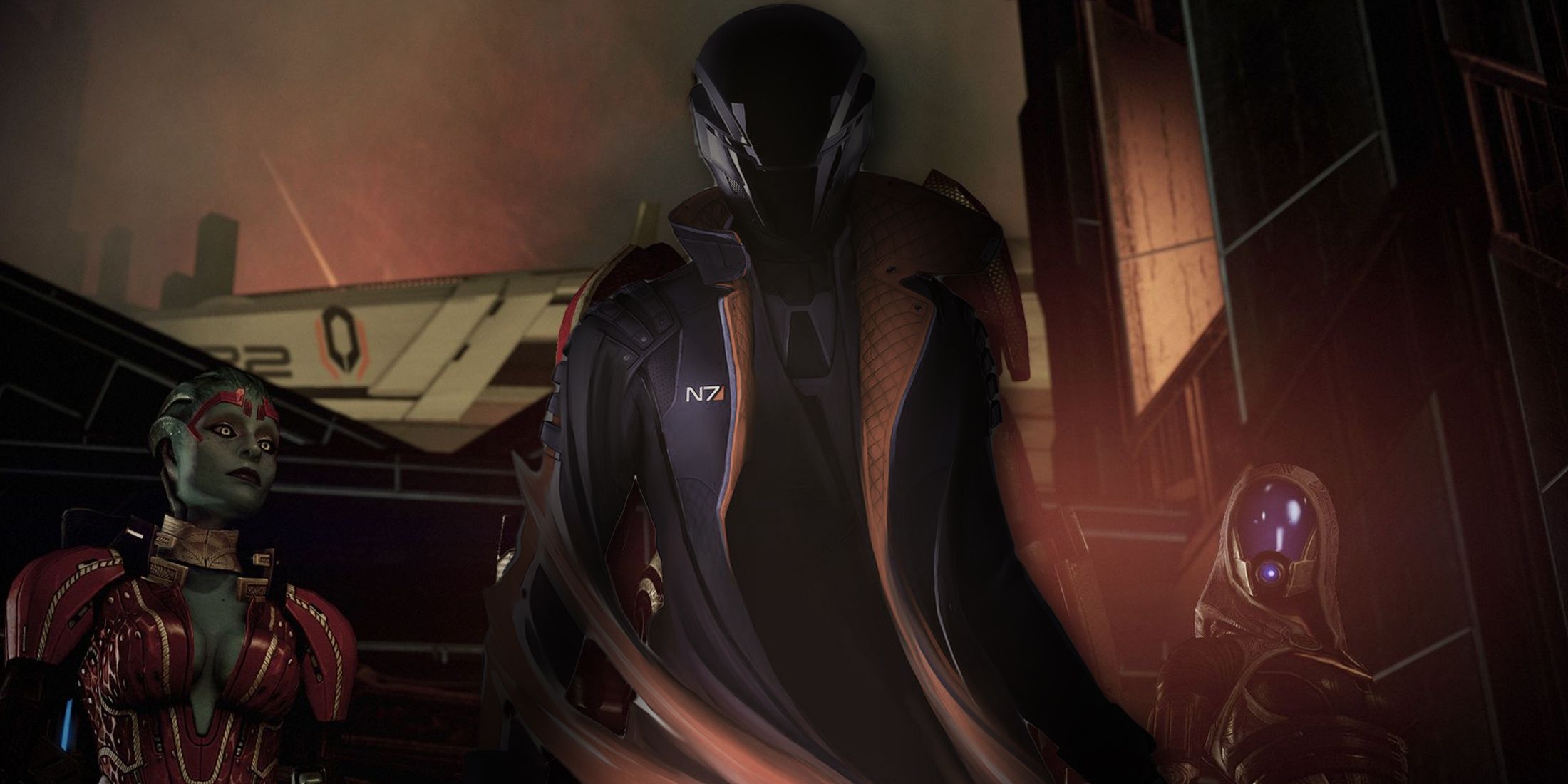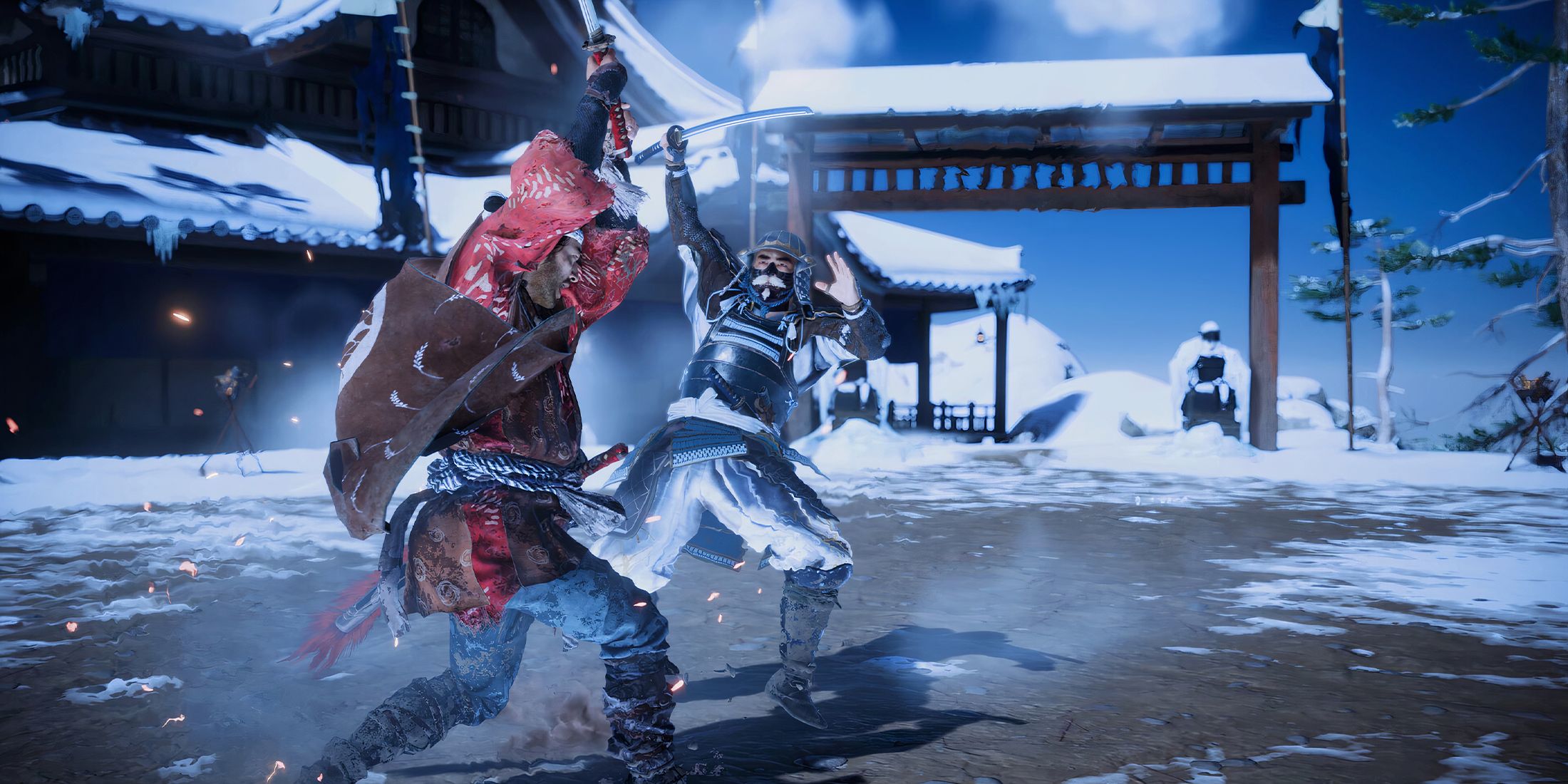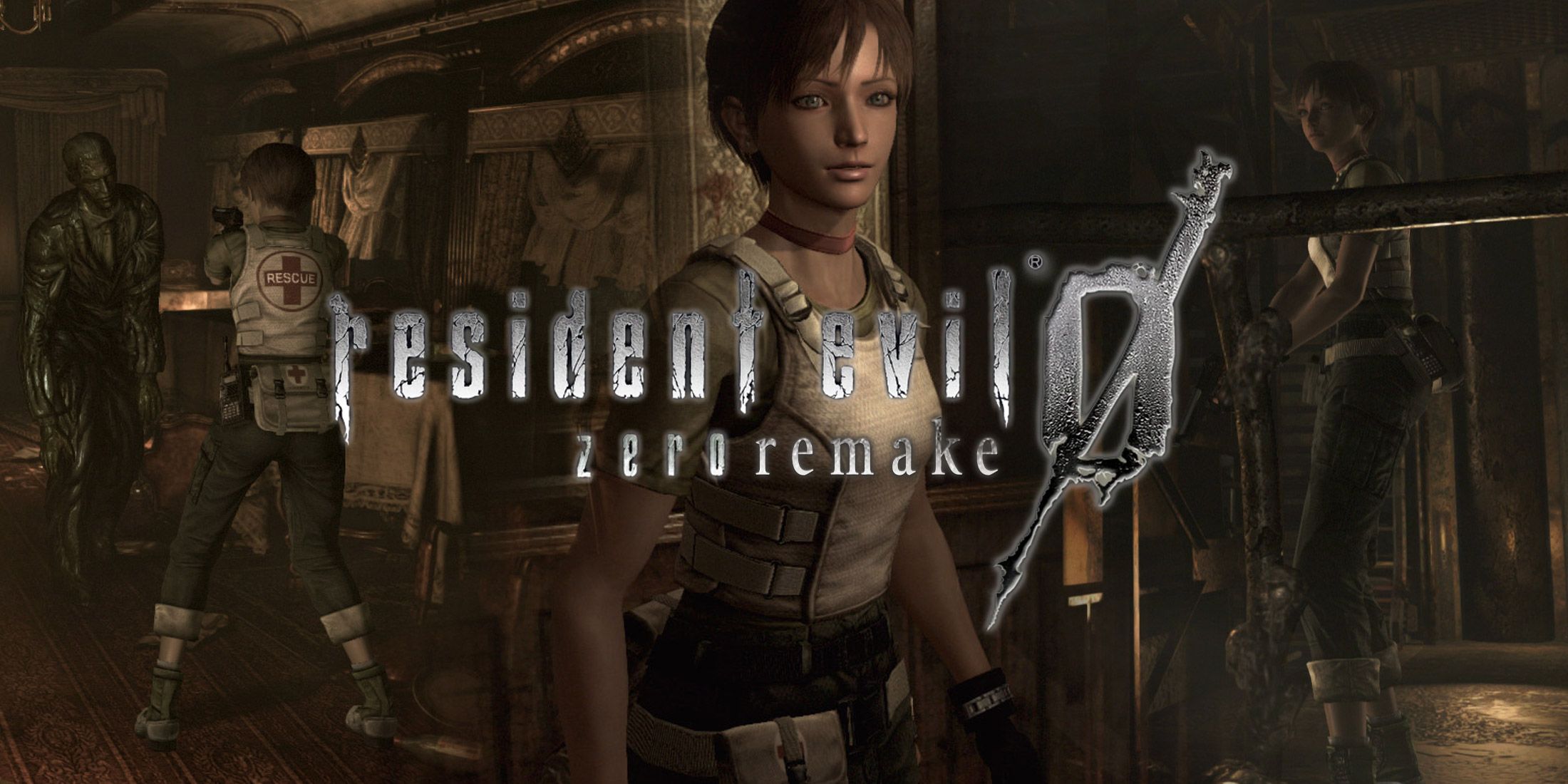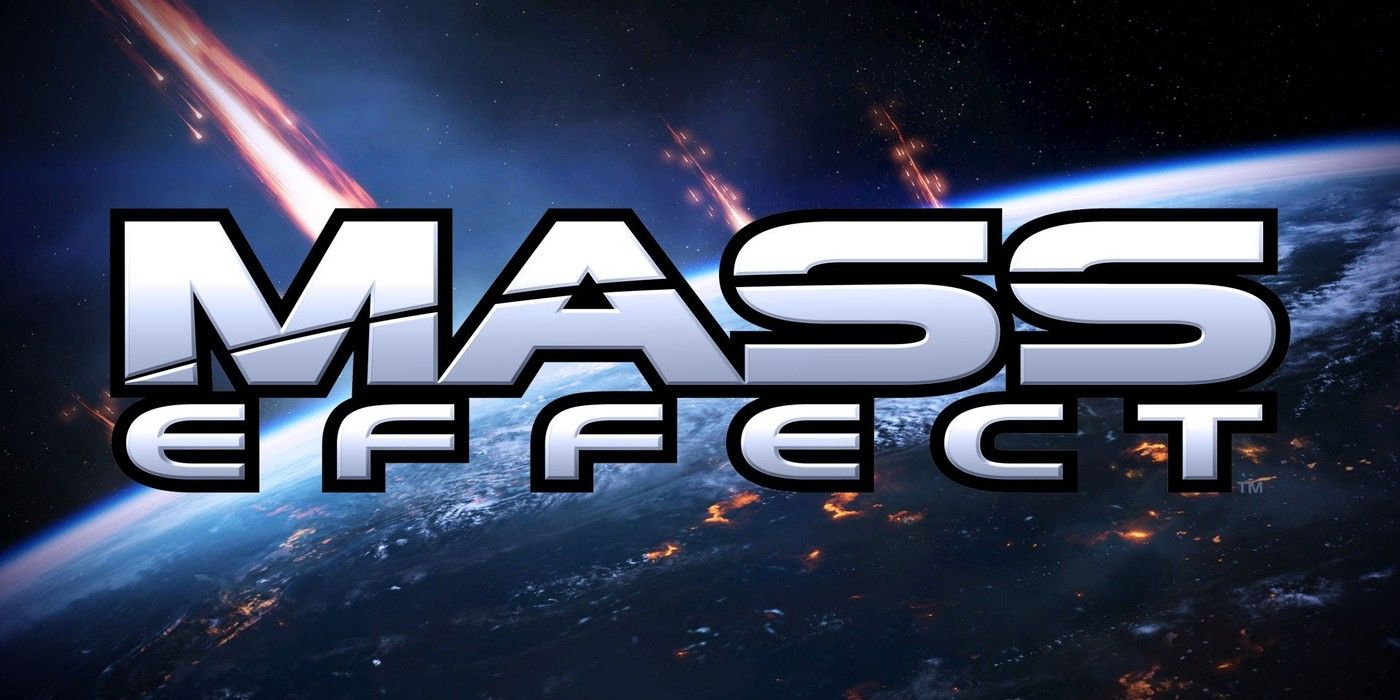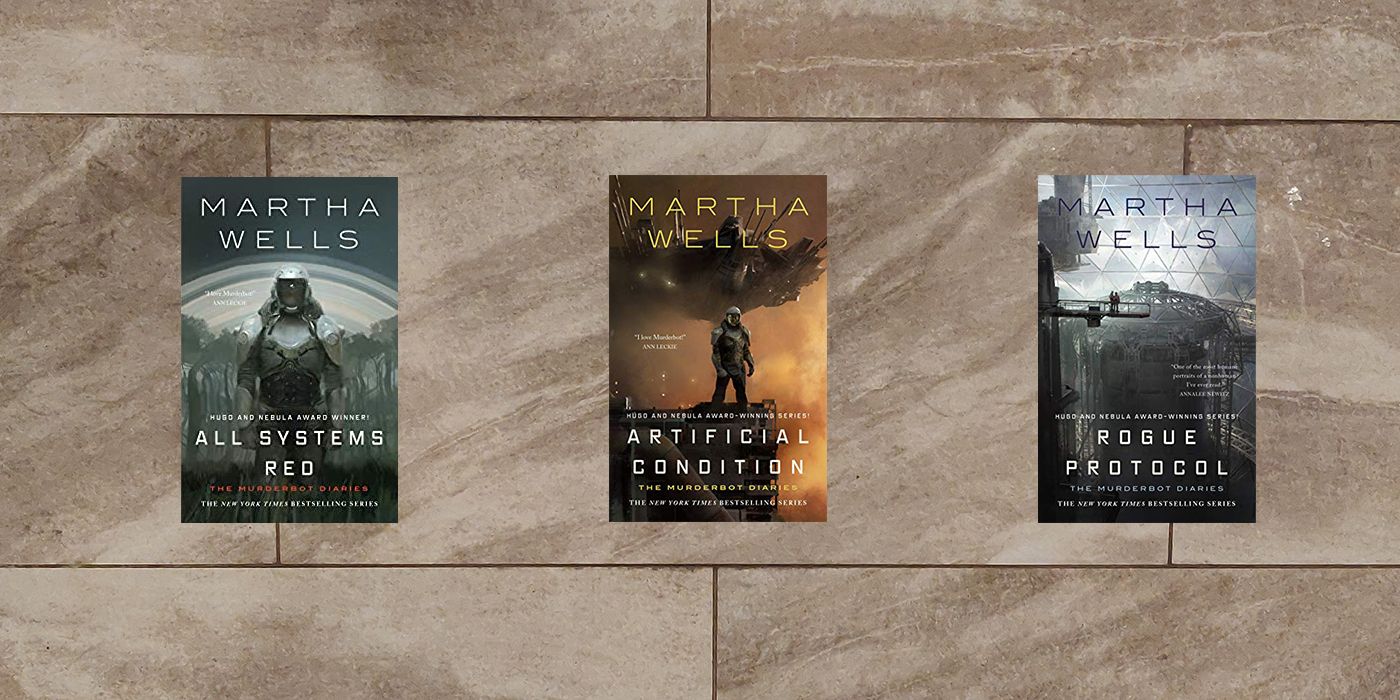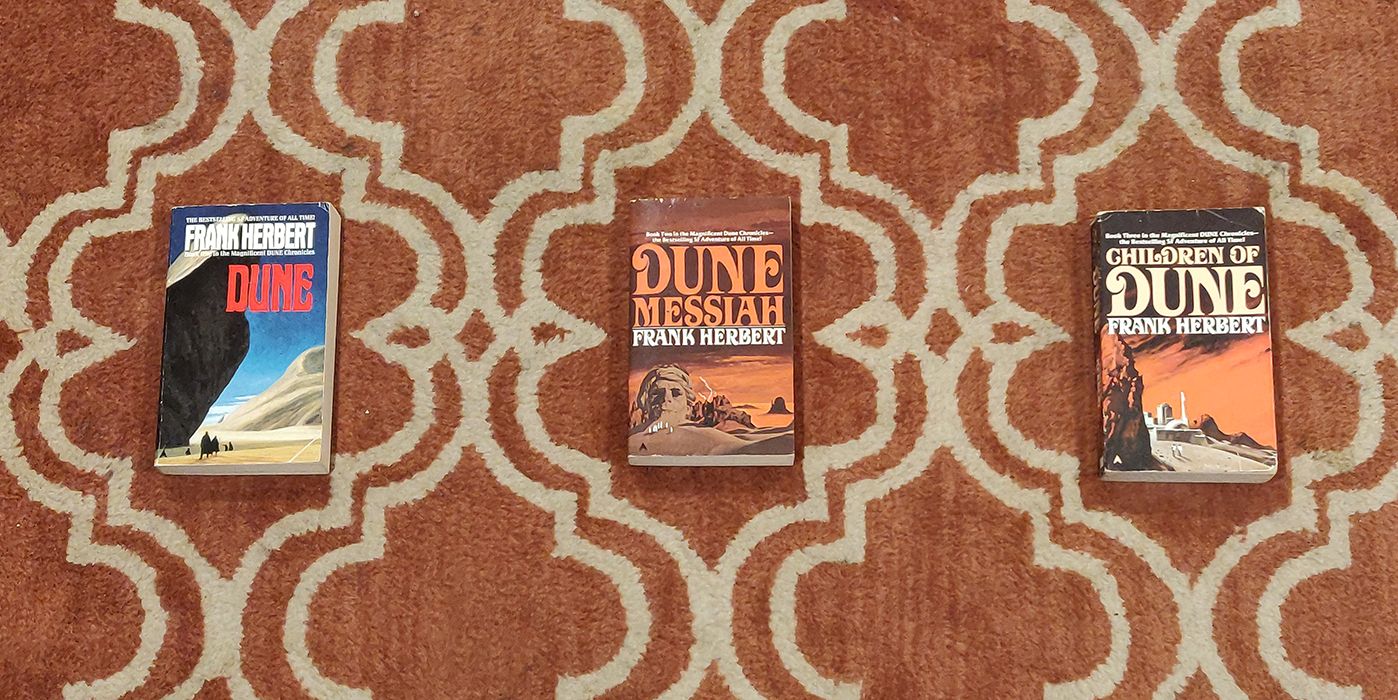Space operas aren't usually thought of as "universal" stories, but there is an intrinsic, accessible appeal to narratives where humanity takes to the stars and must overcome existential danger. They speak to a sort of desperate optimism where both the stakes and the odds are incalculable, but nothing is impossible as long as the heroes hold fast to hope and innovation. The original Mass Effect trilogy, soon-to-be remastered in BioWare's Legendary Edition, captures those themes brilliantly.
Mass Effect 4 has been confirmed to be in-development, but the wait will likely be a long one, and former Normandy crewmembers are likely itching for fresh adventures in the interim. Fortunately, there are a number of stirring, space-fairing sagas in books that tap a similar vein. Stories rife with clever world-building, interstellar conflict, intrepid casts of memorable characters, and big concepts that challenge the reader's perspective on what it means to be human.
Gamers looking for a thrilling escape from quarantine, or simply hoping to pass cycles until BioWare's next epic should take note; These are some of the best reads on the citadel.
The Murderbot Diaries — Death Droid with a Heart of Gold
In Martha Wells' world of The Murderbot Diaries, humanity's distant, space-faring future is dominated by The Company. Researchers and exploration teams are assigned Company-supplied Security Units, which are combat-ready, semi-organic androids that are supposedly ruled by governor modules. But one precocious Sec-Unit managed to hack it's own governor module, effectively giving itself free will.
This self-proclaimed "Murderbot" would like nothing better than to kick back, hole up, and watch its soap operas, but its human clients keep throwing themselves into mortal peril. And, as much as it wishes otherwise, Murderbot has a big heart and an annoyingly persistent sense of responsibility, like many of gaming's finest robotic and synthetic companions.
Fans of Mass Effect's Geth Platform 2A93, AKA Legion, would do well to look into this series. Like Legion, Murderbot is a synthetic lifeform built to serve its creator race, possessing a unique autonomy. Like Legion, Murderbot can absolutely thresh enemy opposition with its mix of inborn weaponry and combat prowess. And like Legion, Murderbot is capable of networking with drones, ship AIs, "Augmented Humans," and other sci-fi technology. But Murderbot will resonate with anyone who has a tender streak guarded by a sharp tongue, a strong desire to be left alone, and several layers of anti-ballistic armor.
The first book in Wells' series, All Systems Red, is a great introduction to the character and a very brief read, clocking in at just under 150 pages. The series' sixth installment, Fugitive Telemetry, releases on April 27th.
The Imperial Radch Trilogy — Starships, AI, and Soldiers, Oh My
Fans of AI, body-swapping, and associated questions about personhood and individuality will want to snatch up Ann Leckie's Imperial Radch Trilogy, also called the Ancillary series. Ancillary Justice is narrated by Breq, a titanic, AI-assisted starship turned lone human soldier. Similar to Mass Effect's EDI, Breq is an entity who existed in a completely different dimension of scale who is forced to experience humanity from a perspective similar to the crew she used to protect. And like Shepherd, she must wrestle with the burden of command, and the critical life-or-death decisions that leadership entails.
The Radch Empire is a richly developed culture that is unmistakably human, but distinct from our society in thought-provoking ways. Leckie's worldbuilding plays with gender, social status, and the nature of what constitutes family. While Breq's adventures are rife with high caliber action, it is her bonds with her handpicked crew of misfits that provide the heart of the story. No two books in the trilogy are completely alike, with Leckie's writing consistently defying the readers expectations. Breq's POV shifts between flashbacks of her pseudo-omniscient combat vessel-self, and her new identity as an ancillary; a human body implanted with her conscience.
Alienated from humanity, but simultaneously bonded to them by loneliness, fragility, and mortality, Breq faces an almost impossible foe: Anaander Mianaai. The ruler of the Radch Empire, Mianaai is a near-unkillable consciousness spread across countless bodies that has recently divided against herself, steering her subjects toward a catastrophic civil war. Intriguing aliens also abound in Leckie's world, but saying more here would spoil some fun surprises.
Dune Series — A Timeless & Timely Classic
In terms of influence in science-fiction, it is very difficult to surpass Frank Herbert's Dune, which is not unlike The Lord of the Rings of space operas. The series' expansive fictional history touches on almost every major sci-fi trope in fiction.
Robots rebelling against their human creators, characters are cloned, killed, and cloned again. Others shed their humanity in exchange for godlike powers. The series' combat boasts energy shields, post-hypnotic/psychic powers, melee, and projectile armaments. And deep interstellar politics play out on the surface of a truly alien planet that still feels fresh and compelling today. And with Denis Villeneuve's adaptation of the first book set to hit theaters in October, there has never been a better time to dive into the saga.
It must be acknowledged, not every aspect of the franchise has aged gracefully. Herbert's arch-antagonist is a hideous portrait of his abhorrent view of LGBT+ identities. The series also gets progressively and aggressively stranger with each passing book, eventually becoming convoluted to the point of near-absurdity.
But the first book in the series, detailing Paul Atreides' arrival on the desert planet Arakis, is an adventure for the ages. Like Mass Effect's finest moments, Dune is filled with memorable scenes, including Paul's encounter with the Gom Jobar pain box. It also features some of the most quoted-passages of all time, such as the famous "Litany Against Fear." Those who enjoyed the political aspect of Commander Shepherd's journey, and the almost magical quality of biotic powers will be well-served by Dune's interstellar feudalism and mysticism.
Mass Effect: Legendary Edition releases on May 14, 2021, for PC, PS4, and Xbox One. The book series above are available online and at various bookstores.

